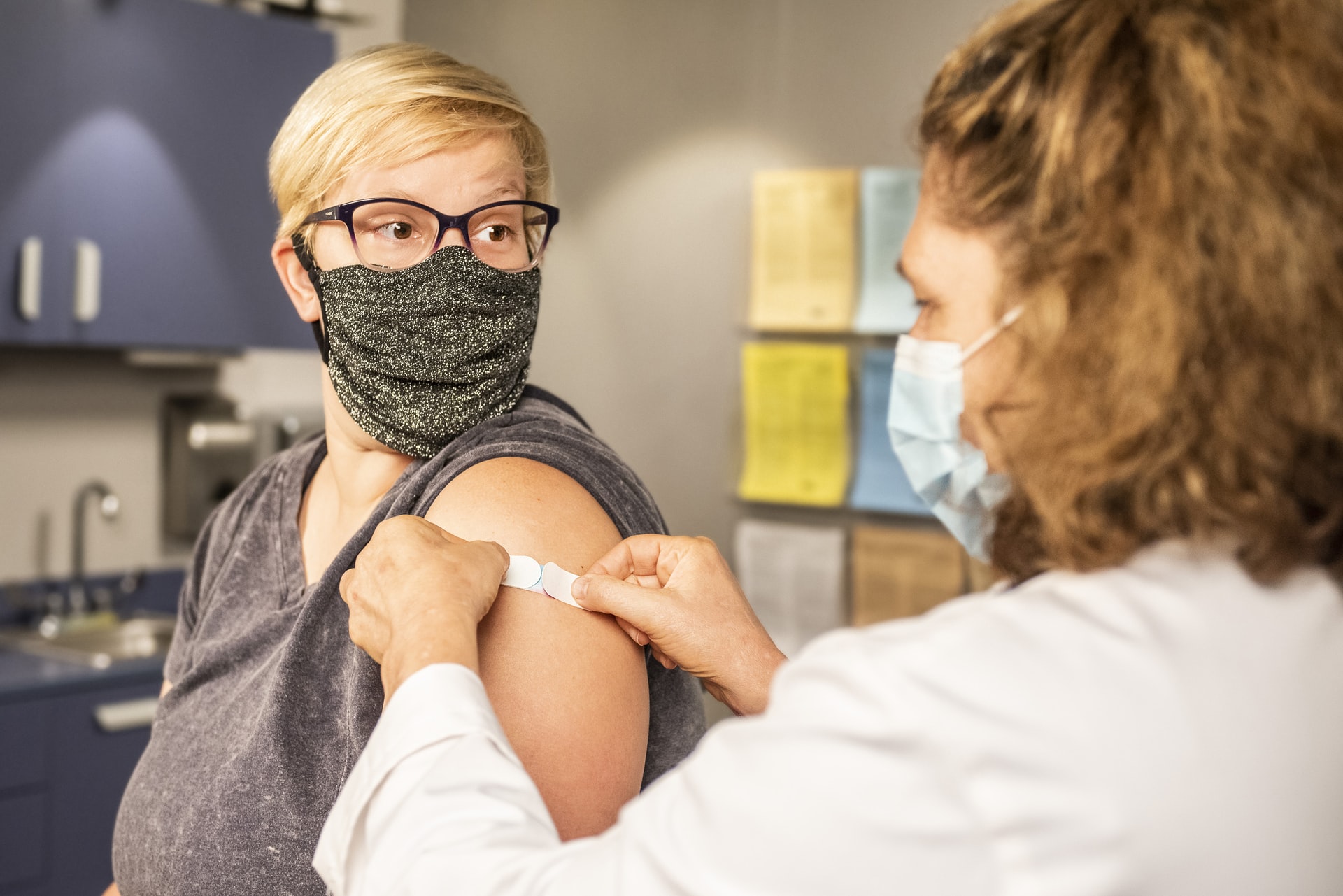Victoria’s on track to start reopening next week. By the end of next month, we should hit 80% double doses. Soon, cafes, bars, visits with friends, shopping in person: it’ll all be possible. But for who?
Should all employees be allowed to return to the office? Or only vaccinated employees and clients?
When I asked this question on LinkedIn, 66% of respondents thought that vaccination should be compulsory to return to the office. Qantas and Jetstar asked their employees the same question: 12,000 people responded. About three-quarters thought that vaccination should be a requirement.
Victorians are exhausted: from lockdown, the fear of getting sick, worry over restrictions and whether this lockdown is really the last one. A stress-free return to the office, without worrying about co-workers or clients, is a dream. But it’s also a complicated legal reality.
Legal Restrictions
Qantas, Virgin and SPC have mandated employee vaccination, while Telstra announced requirements for frontline employees. Qantas Group CEO Alan Joyce summed it up: “We understand there will be a very small number of people who decide not to get the vaccine, and that’s their right, but it’s our responsibility to provide the safest possible environment for our employees and for our customers.”
Telstra’s CEO, Andrew Penn, hopes that “having fully vaccinated teams will mean we can help protect the most vulnerable in our communities, the customers we interact with each day – and each other”.
Airlines employees fall under Tier 1 in the Fair Work Ombudsman’s guidelines: “employees interacting with high-risk people, such as hotel quarantine and airport workers”. But in most offices, workers are Tier 4: “employees with minimal face-to-face contact”.
Unlike American companies, Australian businesses are in a grey zone when it comes to mandatory vaccines. Legally, they are required to provide “reasonable directives”. This means that most companies are on a case-by-case basis, and there’s a good chance your office won’t fall in with airlines or aged care. The federal government has left the door open, but any decision has to fall “under safety, anti-discrimination and privacy laws”.
According to Safe Work Australia, “most employers will not need to make vaccination mandatory”. Unless employees are interacting with the vulnerable or those with an elevated risk for catching coronavirus, there’s not as much ground to stand on.
The Split
Every employer won’t be able to mandate company-wide vaccinations. But whether employees return to the office is another question. Reasonable accommodation includes allowing unvaccinated employees to work from home.
We’ve lived through almost two years of uncertainty: going in and out of lockdowns, businesses closing, schools opening and shutting. Parents have had to shoulder homeschooling their children between Zoom meetings. Weddings have been cancelled. People haven’t been able to visit family overseas or even within Victoria for years.
It’s been hard on everyone’s mental health, and it’ll be a toll for even longer if unvaccinated employees are allowed back in the office. Research from Qualtrics in New Zealand shows that a fifth of respondents wouldn’t want to return unless everyone had the jab.
People are tired and fed up. Everyone wants to return to normal, and working in an office with people who are a health risk is scary. We all know offices are breeding grounds for the cold and flu. Adding coronavirus into that mix isn’t great for anyone – especially employees with a higher risk of serious complications. Allowing unvaccinated workers or clients into the office puts vulnerable employees in harm’s way and neglects their right to a safe working environment.
The Drawbacks
But if companies choose to follow this track, it’s more important than ever that we embrace true flexibility. While some people may choose not to get vaccinated, others can’t for health reasons, whether that’s an underlying, pre-existing condition or pregnancy.
If employees who aren’t vaccinated, for health or religious reasons, are the only ones working from home, there’s a good chance they’ll be left behind.
Who gets the best jobs? Who gets promoted? Bonuses or raises? Who’s able to build networks and advance in their career? If returning to the office comes with a caveat, we need to make sure that it’s a level playing field for everyone.
And this goes beyond just the unjabbed. Employees with care-taking responsibilities are predominantly women. It’s not news that the pay gap exists, in part, because of the breaks women have to take from work. In another post, I talked about steps companies can take to fight this.
True flexibility is one of those. This doesn’t just mean working from home for everyone if they want to take it. It means equal access to promotions. It means meetings that take advantage of technology for true inclusion.
Proximity makes it easier to build strong relationships, and businesses need to be conscious, taking steps to offset the imbalance. Freedom to work from home, without worrying about how it’s going to impact your career, is crucial: for the unvaccinated, the parents with young children and a future of work that has more freedom.
Protecting our community is important, but so is an inclusive culture.
Iceberg, Melbourne’s go-to recruitment company! Specialising exclusively in recruiting for digital, marketing, PR, digital, experiential & advertising jobs. Permanent, freelance and contract roles available!. Sign up to our weekly newsletter HERE.


